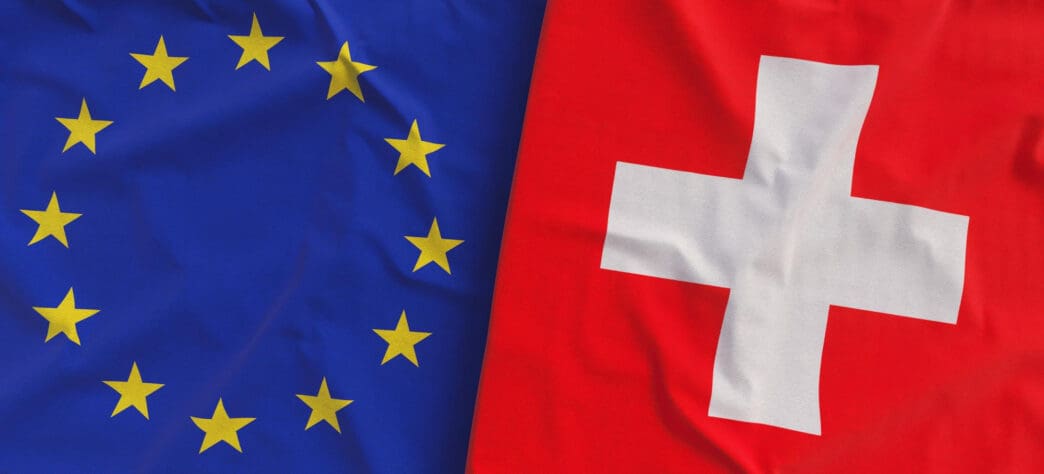Executive Summary
The Story So Far
Why This Matters
Who Thinks What?
The Swiss government has received a significant boost in its efforts to enact the largest overhaul of its economic relationship with the European Union in over two decades, following the endorsement of a crucial centre-right political party last Saturday. The Liberals (FDP) party, a business-friendly faction, voted to support the comprehensive package, which aims to anchor the Swiss economy amid global uncertainties. This development in Zurich advances the government’s agenda for closer ties with the bloc, despite anticipated opposition in a future national referendum.
Key Details of the Accord
The proposed package encompasses a broad range of sectors, including electricity, state aid regulations, transport, and the crucial aspect of freedom of movement. It also addresses Bern’s financial contributions to the EU. The agreement was initially reached in December of the previous year and subsequently signed off by the Swiss cabinet in June.
This initiative represents the most extensive reform of Swiss-EU economic relations in more than two decades. The government has framed the accord as a vital measure to provide economic stability and predictability for Switzerland in an increasingly uncertain global landscape.
Political Landscape and Opposition
The FDP’s decision marks a pivotal moment, as the party had previously been divided on the question of Europe. In an internal ballot, three-quarters of the party’s delegates voted in favour of the EU accord, solidifying its stance.
However, the agreement faces strong opposition from the right-wing Swiss People’s Party (SVP), the largest group in parliament. The SVP argues that the accord is detrimental to national sovereignty, Swiss identity, and the country’s control over its borders.
Concerns about Switzerland’s neutrality and unique status within Europe, particularly regarding potential erosion of independence through closer EU ties, remain a potent political issue. Historically, eurosceptics in the country have sometimes looked towards the United States as an alternative partner.
External Influences and Public Opinion
The appeal of the United States as an alternative has been somewhat diminished by President Donald Trump’s decision to impose 39% tariffs on Switzerland. This rate was significantly higher than the tariffs he set on the EU, prompting a re-evaluation of international alignments.
A recent opinion poll indicated substantial public support for the proposed EU deal. The survey, conducted last month, found that Swiss voters were twice as likely to back the agreement as to reject it.
Despite this backing, a national referendum on the deal is not expected before 2027, and could potentially occur even later, allowing ample time for further political debate and public discourse.
Outlook
The endorsement from the FDP provides significant momentum for the Swiss government’s efforts to deepen economic ties with the European Union. While a challenging referendum campaign lies ahead, this backing strengthens the government’s position in navigating the complex political landscape surrounding the accord.








